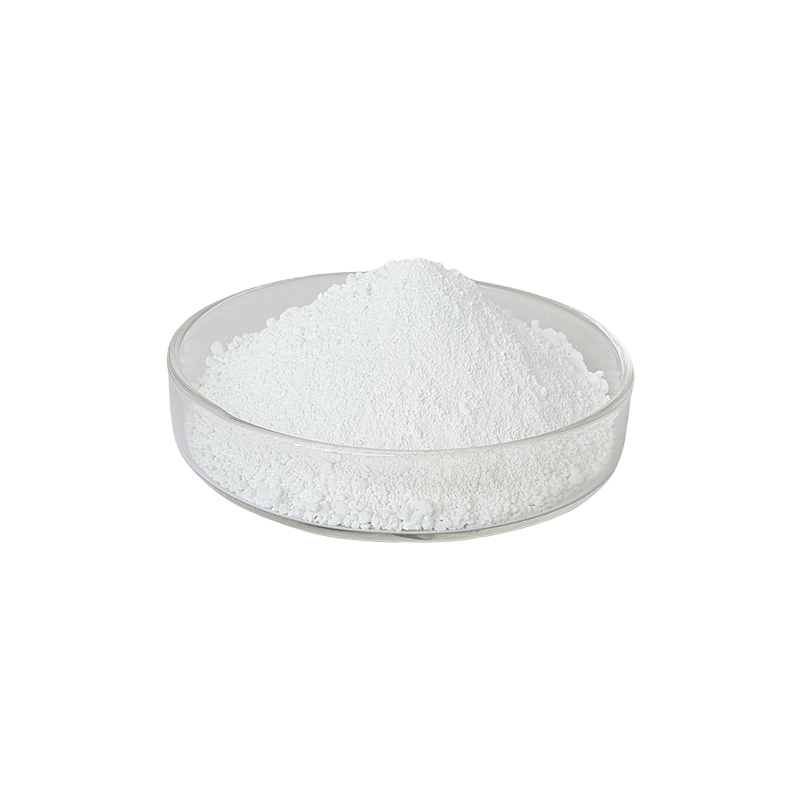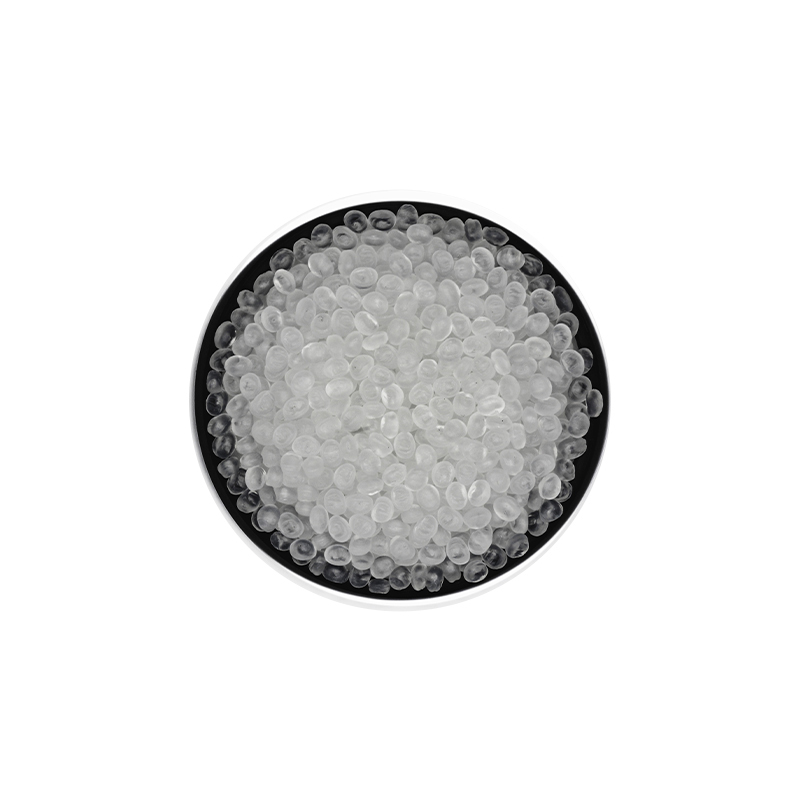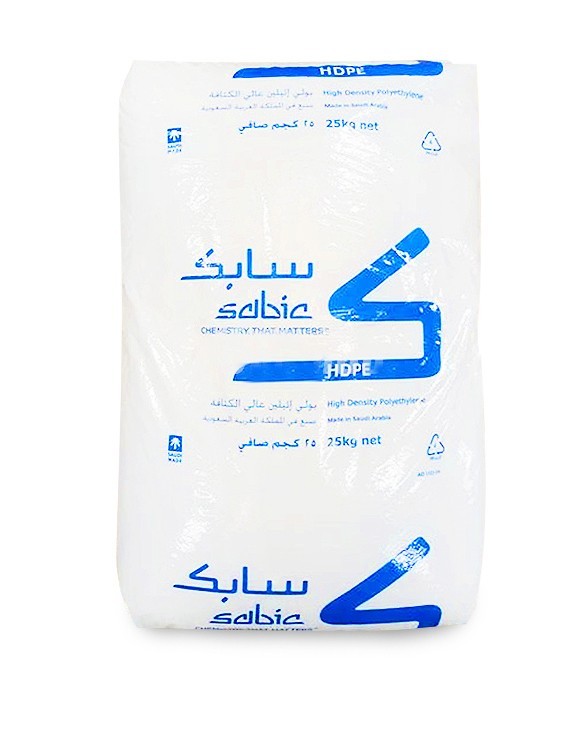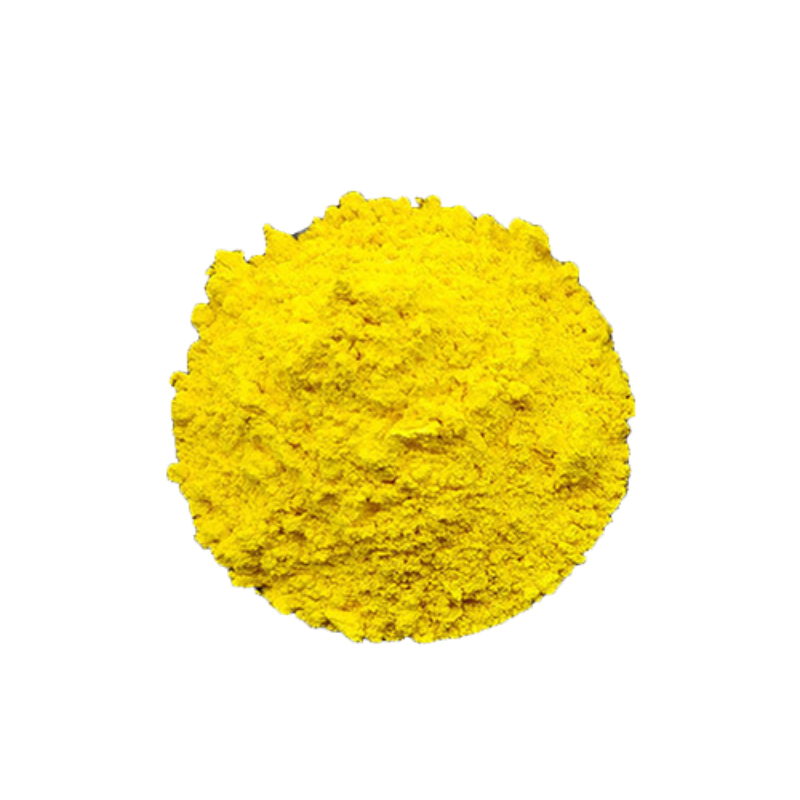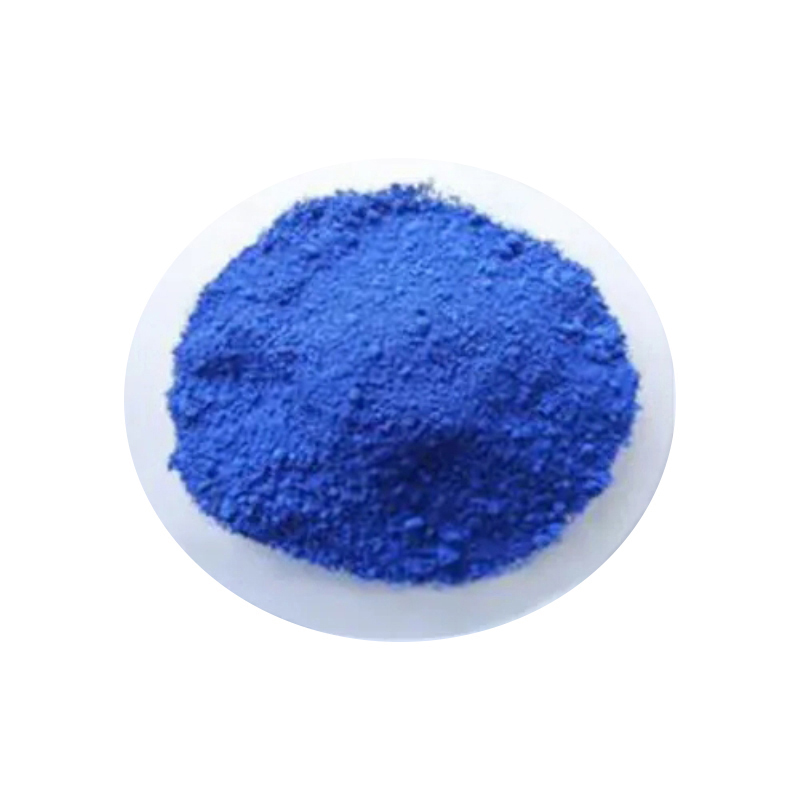Sorry, no matches were found for 'vehicles' Please try another keyword.
Request For Quotations
Q
who manufactures infiniti vehicles
I'm a seasoned industrial engineer with a keen interest in machine learning. Here to share insights on latest industry trends.
Manufacturing Maven: From factory floors to the latest in manufacturing tech, your go-to source for everything in the industrial manufacturing domain.
You May Like
Teflon coating, often referred to as paint protection, is a procedure to protect a vehicle's surface. Although Meguiar's, a reputable car care products company, doesn't specifically market a "Teflon" product, they offer a range of sealants and waxes that provide a similar level of protection. The general procedure for applying any paint protectant, including those from Meguiar's, involves thoroughly cleaning the vehicle's exterior, applying the product evenly across the surface, and then buffing it out to a shine. For best results, start with a clay bar treatment to remove any surface contaminants, follow with a polish if necessary, and conclude with the application of Meguiar's paint protectant, using a microfiber cloth for application and another clean, dry microfiber cloth for buffing.
Dye-sensitized solar cells (DSSCs) are a promising type of third-generation photovoltaic device due to their potential for low-cost production and flexibility in applications. These solar cells mimic photosynthesis in plants by using a dye to sensitize a semiconductor, typically titanium dioxide (TiO2), for light harvesting. The choice of dye and semiconductor material is crucial for improving the efficiency and stability of DSSCs. Recent research has focused on developing new materials, such as metal-free organic dyes and quantum dots, which offer broader absorption spectra and better alignment of energy levels for improved electron transfer. Additionally, theoretical studies using computational methods are increasingly vital for understanding the mechanisms at play and guiding the design of more efficient materials. Innovations in materials and theoretical insights are expected to address current limitations, such as the degradation of dyes and the recombination of electrons, thereby enhancing the performance and durability of DSSCs.
PVC, or Polyvinyl Chloride, is a type of plastic marked by the resin identification code '3.' PVC is technically recyclable, but the recycling process is complex due to the presence of chlorine and the additives often mixed into the product for flexibility or color. These characteristics make PVC recycling less common compared to other plastics like PET (1) or HDPE (2). Moreover, not all recycling programs accept PVC, making it important to check local guidelines. To ensure PVC bags reach the right recycling stream, individuals might need to seek out specialized facilities or programs that handle this type of plastic. Alternatively, reducing the use of PVC products and seeking out more easily recyclable or reusable options can be more sustainable choices.
Recommended Suppliers
You May Like
Q&A
- •titanium dioxide in honey buns
- •are organic pigments toxic
- •titanium period number
- •how to spray paint pvc pipe
- •how to dye a new era hat
Popular Information
- •India Megatrends: Defining the country’s chemical industry: Shobhit Aggarwal, Chief Strategy Officer, Global Chemicals, Fashion Yarn & Insulators, Aditya Birla Group
- •Milliken, Huhtamaki partner to design for circularity
- •Vedanta embarking on doubling alumina refining capacity in Odisha; govt mulls to solve environment puzzle
- •PVC prices have risen 69.8% since May 20: ICICI Securities
- •Plastics, PE Spot Market is Weakly Sideways (January 13-17)











